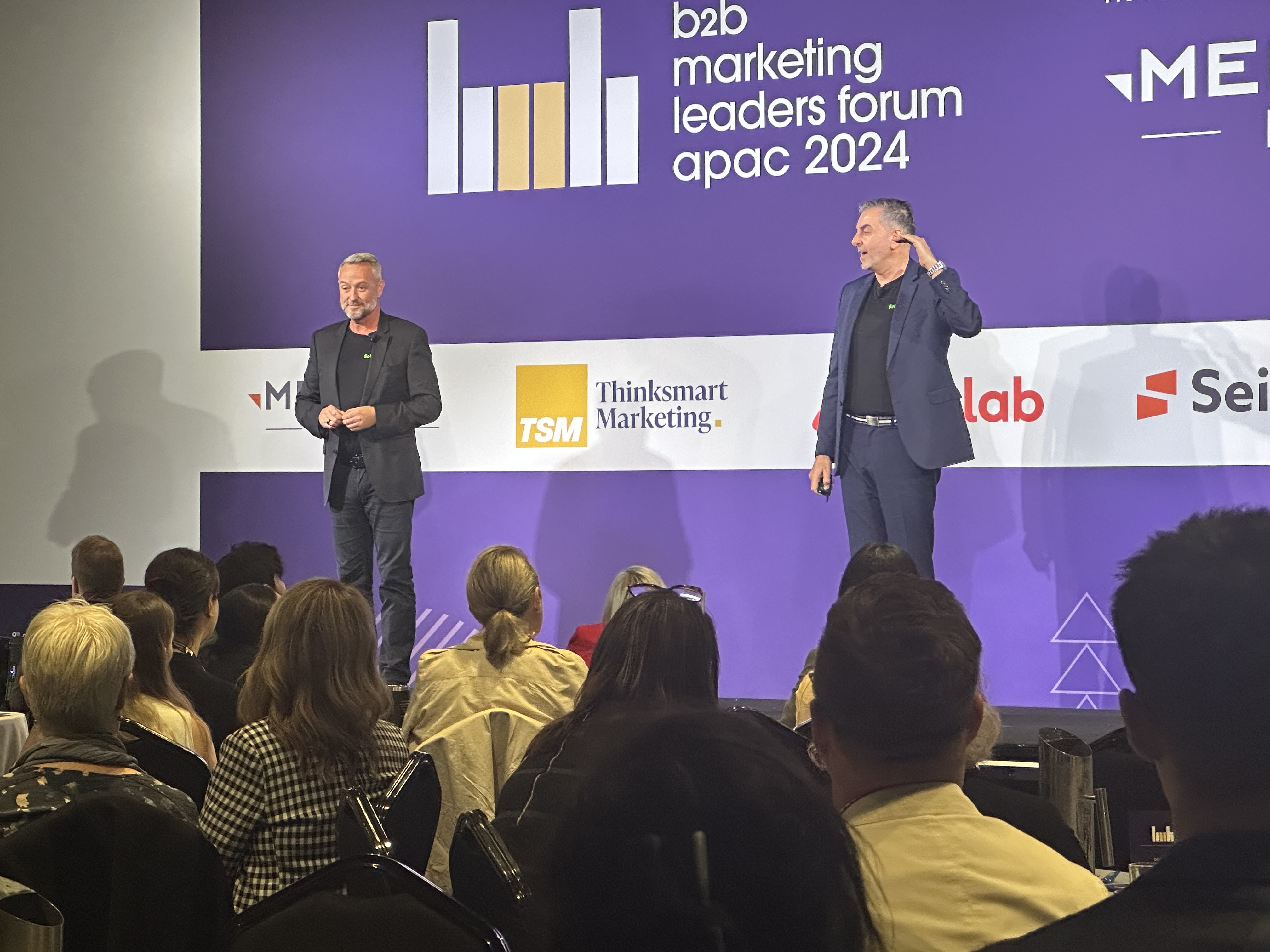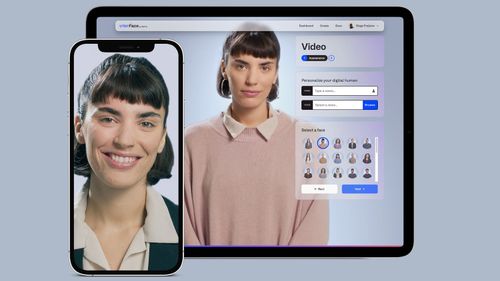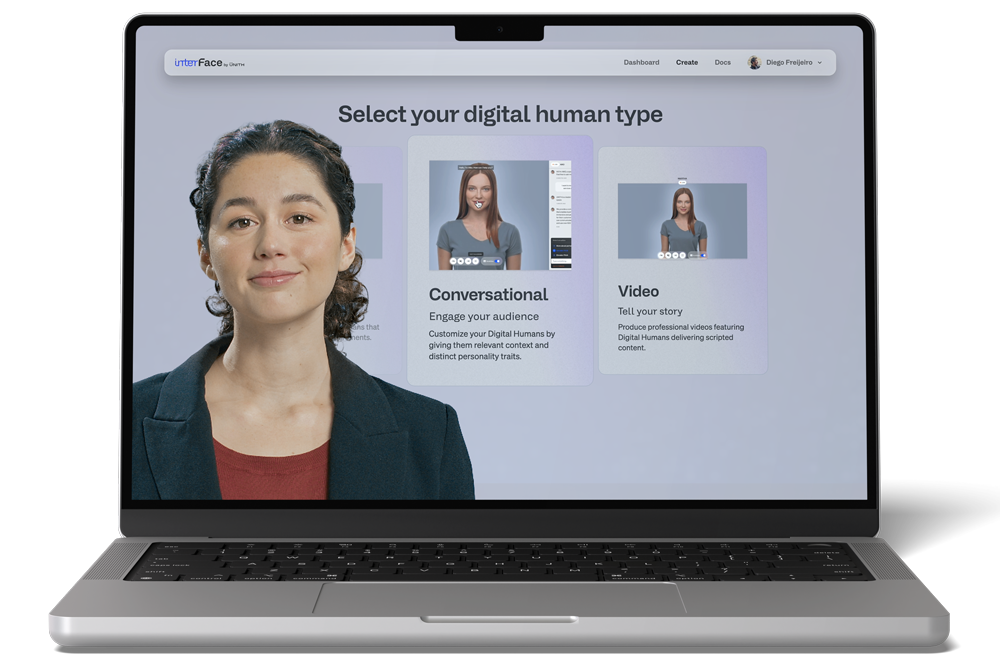ReadyTech globalizes Australia’s organisational software innovations
By Leon Gettler, Talking Business >>
READYTECH, one of Australia’s first Australian Securities Exchange (ASX) listed software startups is expanding its business model. And it’s expanding globally.
Marc Washbourne, ReadyTech’s co-founder, said the company started more than 20 years ago with its software platform JobReady for employment providers to identify job seekers’ skills, and match those people for jobs.
It entered the education market with a student management system. ReadyTech also today provides software for the courts and for government, particularly councils.
It is also expanding globally, securing contracts in the UK and across Europe, for example, with its courts management software.
“With our software products, if you look through them, we look after TAFEs, colleges and universities, with our student management system, our government products, particularly for local government, as well as our justice products, which really helps courts and tribunals to manage all of the workflows that are required across the judiciary,” Mr Washbourne told Talking Business. 
“The portability is strongest in Commonwealth countries. Often what we find is that they have similar frameworks and setups for the way these types of organisations are run,” he said.
“So that’s why we’ve seen success so far in areas like Canada and the UK and that’s where we’re really focused on. The legs of growth are in those Commonwealth countries where the products transfer the best.”
Covering many niche markets
ReadyTech software platforms are very much based around niche markets.
“What the software does very well is it meets the customer needs very closely. These are vertically focused,” helps courts and tribunals to manage all of the workflows that are required across the judiciary,” Mr Washbourne said.
“The requirements can be very complex. The requirements of an education provider, a large TAFE or a university, or large courts, these are very specific requirements, across a whole range of record keeping, and compliance and workflows.
“The success of these products is that they are designed to meet those needs closely, and then customers can configure their own workflows.
“And by subscribing to our software-as-a-service (SAAS) model, our customers are able to then effectively get updates and upgrades to keep those systems in line with any changes, or legislative changes or industry type changes. That helps customers become really long-term partners of ours.”
Bringing on the AI
Mr Washbourne said ReadyTech was now embracing artificial intelligence (AI).
He said AI was important because education providers and court systems everywhere worked off data.
“If you think about something like an education provider, they store an enormous amount of data about those students and the insights that can be gained – the elevation of student experience that can be delivered – through the use of these models and this data, these opportunities are very profound,” Mr Washbourne said.
“If you look at the ability of courts to look at patterns of resolutions and outcomes across court cases and what that might mean for consistency across the justice system is a huge opportunity.
“I think the phrase that’s often used is that data is the oil of the 21st century. We’re sitting on a lot of it. We have over 4000 customers and there’s millions of workers, and students and citizens across these platforms.” 
Hear the complete interview and catch up with other topical business news on Leon Gettler’s Talking Business podcast, released every Friday at www.acast.com/talkingbusiness
https://shows.acast.com/talkingbusiness/episodes/talking-business-30-interview-with-marc-washbourne-from-read
ends

 How to resolve AdBlock issue?
How to resolve AdBlock issue? 






